- Basinikonda, Madanapalle, Annamayya (Dist), AP, Pin - 517325.
- imforupvtltd@gmail.com
About Duck Farming....
Duck Farming: An Overview
Duck Farming—also known as Duck Husbandry or Duck Rearing—is the practice of raising ducks for a variety of purposes, such as meat, eggs, feathers, and down. Ducks are adaptable, hardy birds that can flourish in a wide range of environments, making them an excellent choice for both small-scale and commercial farming. Below is an overview of the essential elements of successful duck farming.
Key Aspects of Duck Farming:
1. Duck Breeds
Choosing the right duck breed is key to meeting your specific farming objectives:
For Meat Production: Breeds like Pekin, Muscovy, and Mallard are favored for their rapid growth and high-quality meat.
For Egg Production: Khaki Campbell, Indian Runner, and Buff ducks are excellent layers, known for their impressive egg production.
Dual-Purpose Breeds: Rouen and Aylesbury ducks are versatile options, ideal for both meat and egg production.
2. Housing and Shelter
Proper housing ensures ducks remain healthy, safe, and productive:
Shelters: Ducks require secure, well-ventilated shelters to shield them from predators, harsh weather, and excessive heat or cold.
Bedding: Use dry, absorbent bedding materials like straw or wood shavings to maintain cleanliness and prevent the spread of disease.
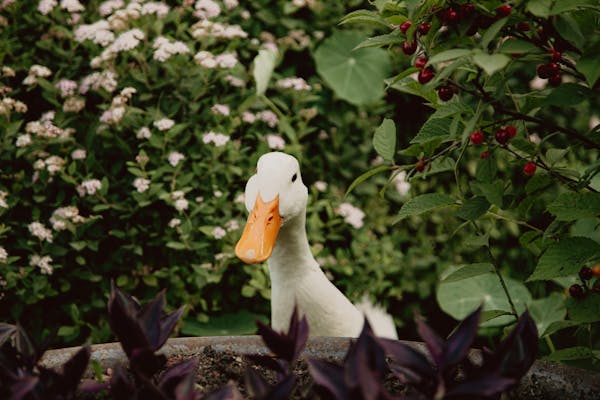
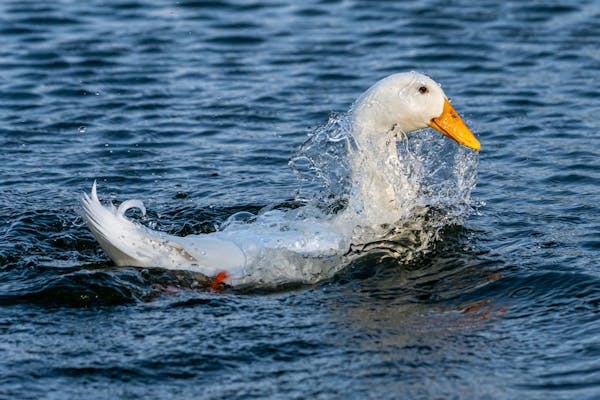
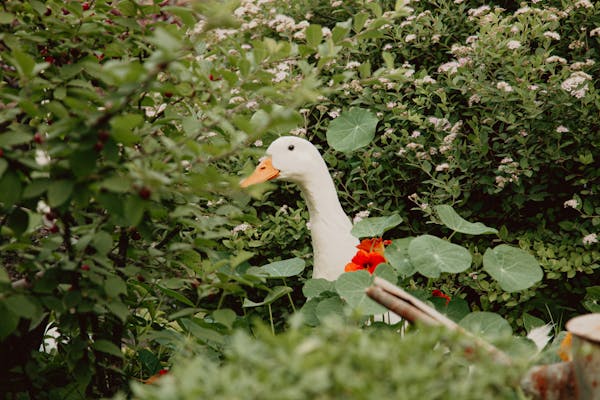
3. Feeding and Nutrition
A well-balanced diet is essential for maintaining healthy and productive ducks:
Diet: Ducks thrive on a mix of grains, leafy greens, insects, and specially formulated commercial duck feed to meet their nutritional needs.
Feeding Practices: Feed can be offered in troughs or scattered on the ground to encourage natural foraging behavior, which helps keep ducks active and engaged.
4. Breeding and Reproduction
Good breeding management supports a strong, thriving duck flock:
Breeding Stock: Choose robust, disease-free ducks with desirable traits for breeding to maintain quality and productivity.
Mating and Nesting: Ensure proper male-to-female ratios and provide safe, comfortable nesting areas where ducks can lay eggs and incubate them effectively.
5. Health Management
Keeping ducks healthy is essential for a productive flock:
Regular Monitoring: Observe ducks daily for any signs of illness, injury, or unusual behavior to catch issues early.
Vaccinations and Treatments: Protect ducks with routine vaccinations and promptly treat any signs of disease or parasitic infections.
Water Quality: Always provide clean, fresh water, as it’s vital for hydration, digestion, and overall health.
6. Egg Production
Effective management is key to maximizing egg production in laying ducks:
Nesting Boxes: Offer clean, comfortable nesting areas with soft bedding to encourage regular egg-laying.
Egg Collection: Collect eggs several times a day to reduce the risk of breakage, contamination, or egg-eating.
Egg Handling: Handle eggs gently and store them properly in a cool, clean environment to preserve freshness and quality.
7. Meat Production
Producing high-quality duck meat requires careful management and humane practices:Growth Management: Ensure ducks receive a nutrient-rich diet and are raised in a stress-free, comfortable environment to support healthy growth and optimal weight gain.Slaughtering: Use humane and efficient slaughtering techniques to reduce stress and maintain the quality, texture, and taste of the meat.
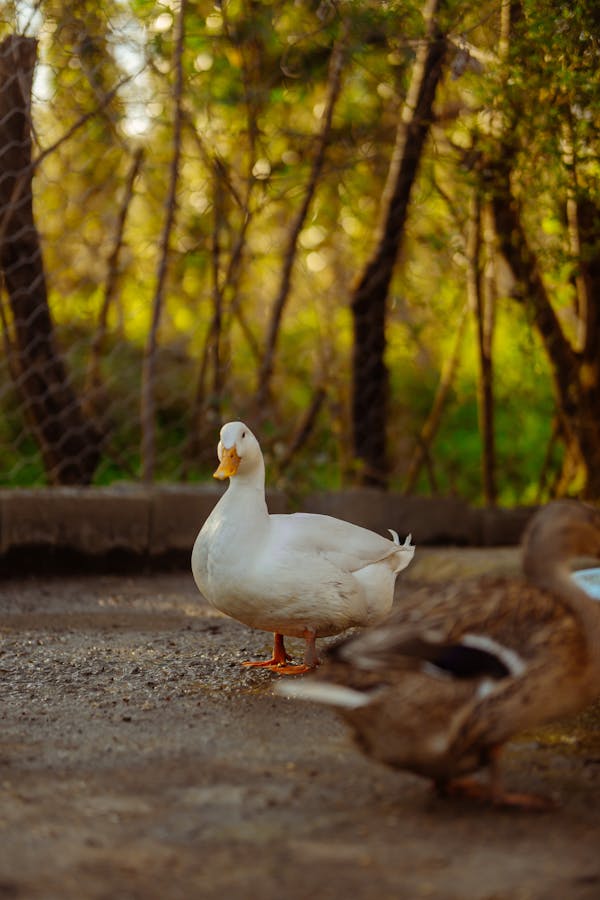
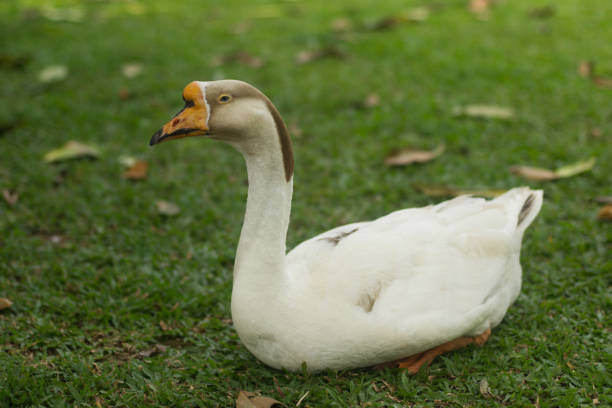
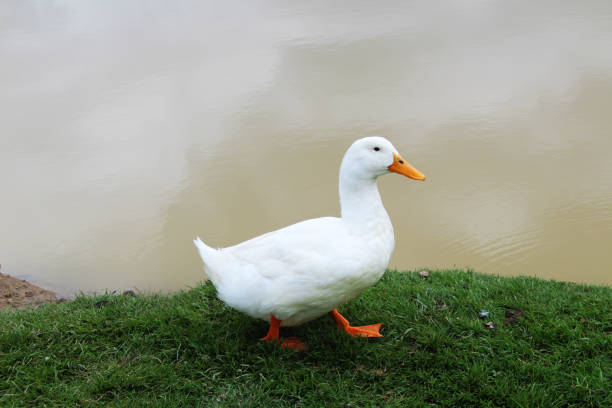
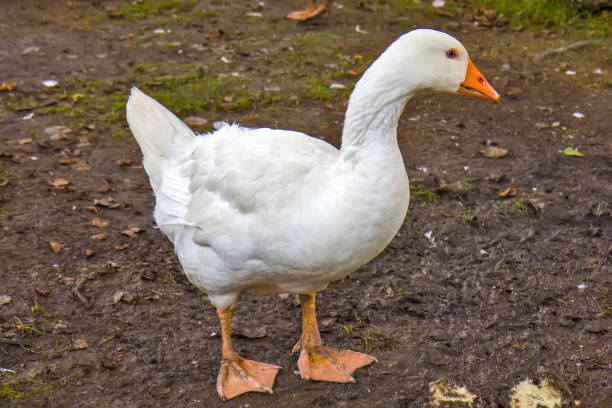
8. Economic Considerations
With strategic planning, duck farming can be a profitable and sustainable business:
Market Research: Analyze both local and international markets to understand the demand for duck meat, eggs, feathers, and other by-products.
Cost Management: Monitor and control expenses related to feed, healthcare, and housing to ensure efficient use of resources and better returns.
Value Addition: Increase profitability by processing ducks into specialty products like smoked duck, duck pâté, or packaged eggs.
9. Environmental Impact
Duck farming can support environmental sustainability when managed responsibly:
Sustainable Practices: Use environmentally friendly methods such as rotational grazing, integrated farming, and natural pest control to reduce ecological impact.
Waste Management: Manage duck waste effectively by composting or using it as fertilizer, enhancing soil fertility and reducing environmental pollution.
Encouragement for Small-Scale Duck Farming Investment
Dear Aspiring Duck Farmer,
Embarking on a Duck Farming journey, even on a modest scale, is both exciting and full of potential. Here’s why duck farming is a worthwhile investment:
- Versatility and Profit Potential
Ducks are highly adaptable birds that offer a range of valuable products, including meat, eggs, feathers, and down.
Their products are widely sought after in many markets, creating strong opportunities for profit and business expansion. - Low Input, High Return
Compared to other livestock, duck farming typically involves lower startup and maintenance costs.
Ducks can thrive on natural forage and require only basic infrastructure, making this venture ideal for small-scale and beginner farmers alike.
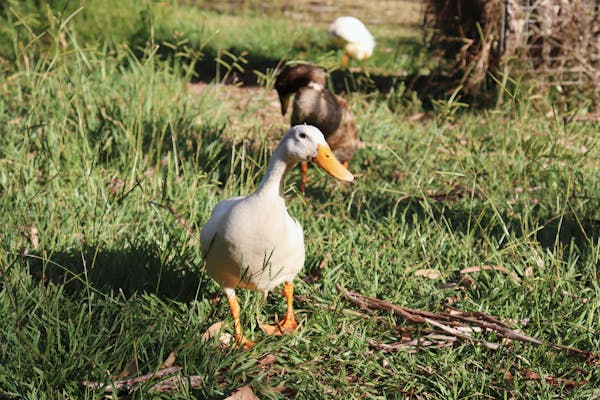
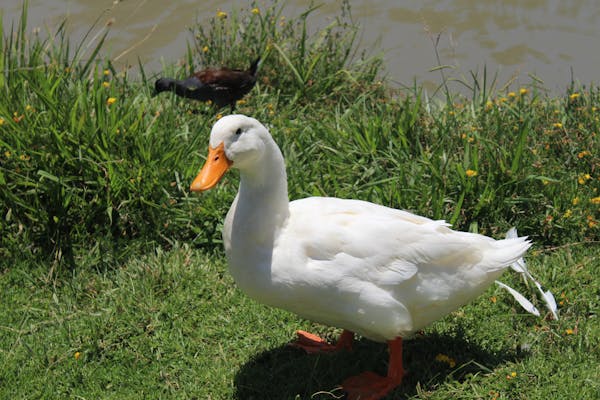
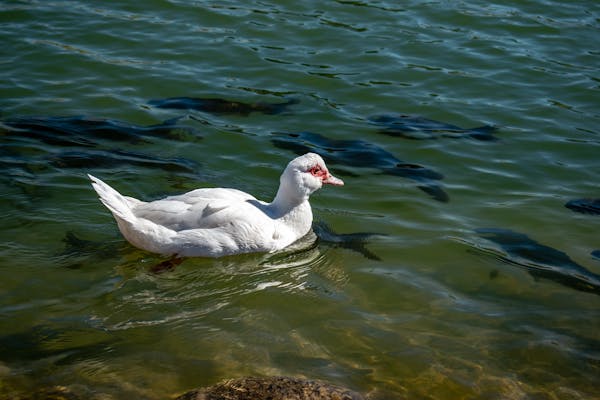
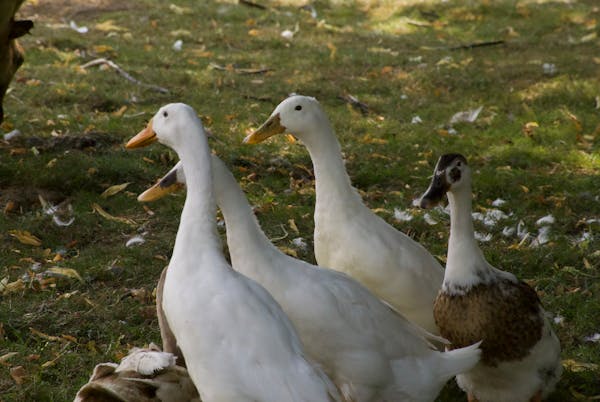
- Environmental Benefits
Ducks are excellent at converting feed into meat and eggs efficiently, and they naturally help control pests in fields and gardens.
When practiced sustainably, duck farming can enhance soil health, support biodiversity, and contribute to a more environmentally friendly agricultural system. - Community and Economic Impact
Duck farming plays a valuable role in boosting local food production, creating jobs, and stimulating economic activity—especially in rural areas.
By engaging in local agriculture, you’re also helping build stronger, more resilient communities and promoting food sovereignty.
Taking the First Steps:
- Start Small
Begin your duck farming journey with a manageable number of birds, allowing you to learn the basics and grow your operation gradually as your skills and resources increase. - Education and Training
Take advantage of available learning resources—such as books, online tutorials, and support from agricultural extension services—to build your knowledge and stay informed on best practices. - Plan and Budget
Create a well-thought-out business plan and budget to guide your decisions, manage your expenses wisely, and support long-term, sustainable growth.
Remember, every thriving duck farm began with a single step. With passion, commitment, and thoughtful planning, you can build a rewarding and successful path in duck farming. Embrace the learning curve, celebrate your progress, and stay focused—each step forward brings you closer to making your farming dreams a reality.
Wishing you the best of luck in your Duck farming journey!
Warm regards,
Valipi Reddy
C.E.O, IMFORU PVT. LTD.
